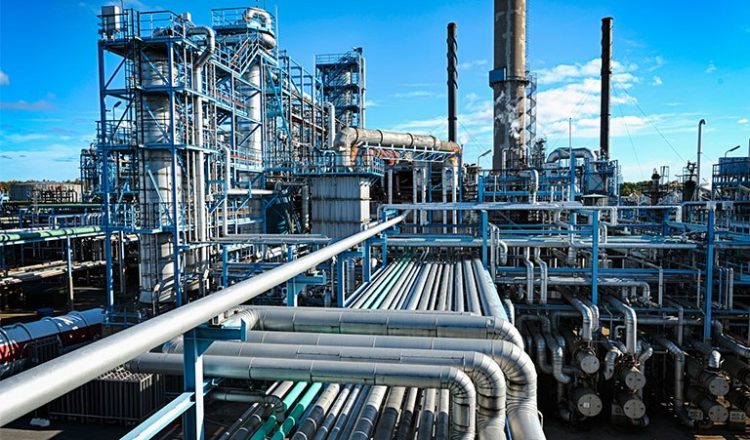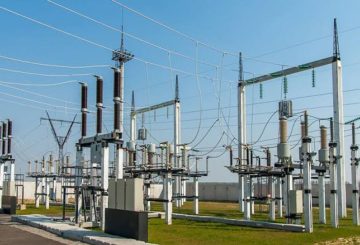Nigeria is set to restart local crude oil refining in early August, marking the end of a prolonged period of inactivity at the country’s state-owned refineries. The announcement was made by the Nigerian National Petroleum Company (NNPC) during an emergency session at the National Assembly on Monday.

The move is expected to significantly lower fuel prices, provided the implementation is successful. Addressing lawmakers who convened to discuss the nation’s economic status, NNPC CEO Mele Kyari revealed that one of the two Port Harcourt refineries in the Niger Delta would resume operations in about two weeks, with the second refinery scheduled to come online by the end of the year. This development is anticipated to position Nigeria as a net exporter of refined oil by December, in conjunction with output from the new Dangote refinery near Lagos and other smaller producers.
“We’re very optimistic that by December this country will be a net exporter,” Kyari stated. “This is a combination of production coming from us, the Dangote refinery, and other smaller producing companies.”
Heineken Lokpobiri, Nigeria’s Minister of State for Petroleum Resources, expressed confidence in the sector’s potential to drive economic recovery. “The easiest way for Nigeria to come out of its economic problems is through the oil and gas sector,” Lokpobiri said. “As a sector, we have a clear plan to gradually ramp up production. Right now, we have a clear plan to see how we can get 2 million barrels and more.”
Despite similar announcements in December and March, past attempts to restart domestic refining were thwarted by unforeseen technical issues. All four government-owned refineries, with a combined capacity of 450,000 barrels per day, have been non-functional for years, leading Nigeria to rely on imports to meet its daily petroleum demand of 66 million liters.
Oil industry analyst Faith Nwadishi expressed cautious optimism regarding the latest announcement. “I’m just keeping my fingers crossed and trying to be very optimistic about this because it will go a long way in reducing the hardship and perhaps also reduce the pump price,” Nwadishi said. “But being somebody who’s in the sector, I become a little bit skeptical. We have an allocation of about 445,000 barrels per day for domestic consumption, which, if properly refined, we’ll have about 70 million liters. That covers our daily consumption.”
The Nigerian oil industry has been plagued by theft and corruption in recent years. On Monday, the Nigeria Extractive Industries Transparency Initiative reported that approximately 140,000 barrels of crude oil were lost daily to theft between 2009 and 2018.
- Tags: Mele Kyari, NNPC, premium Motor Spirit (PMS), Price, refinery





